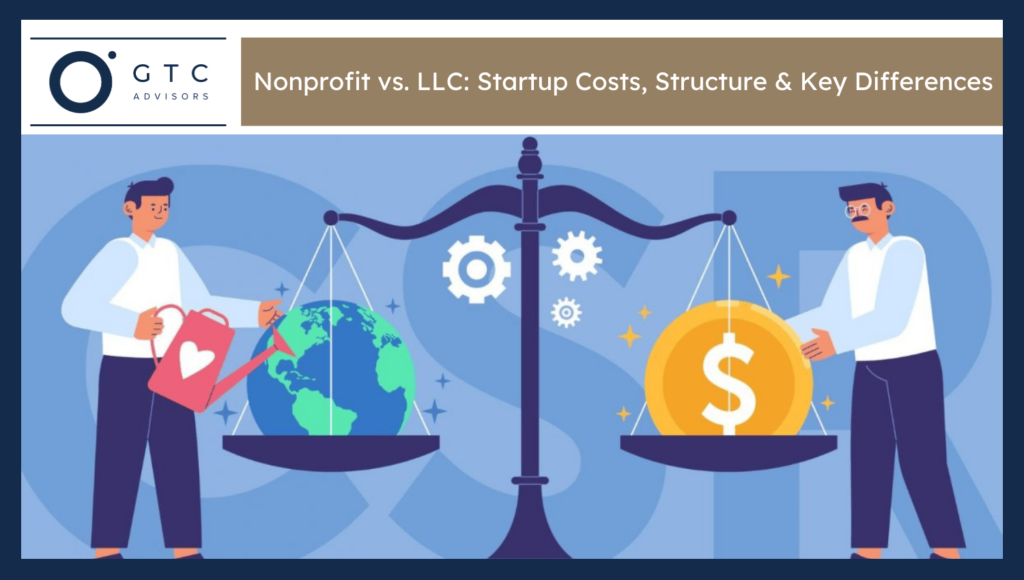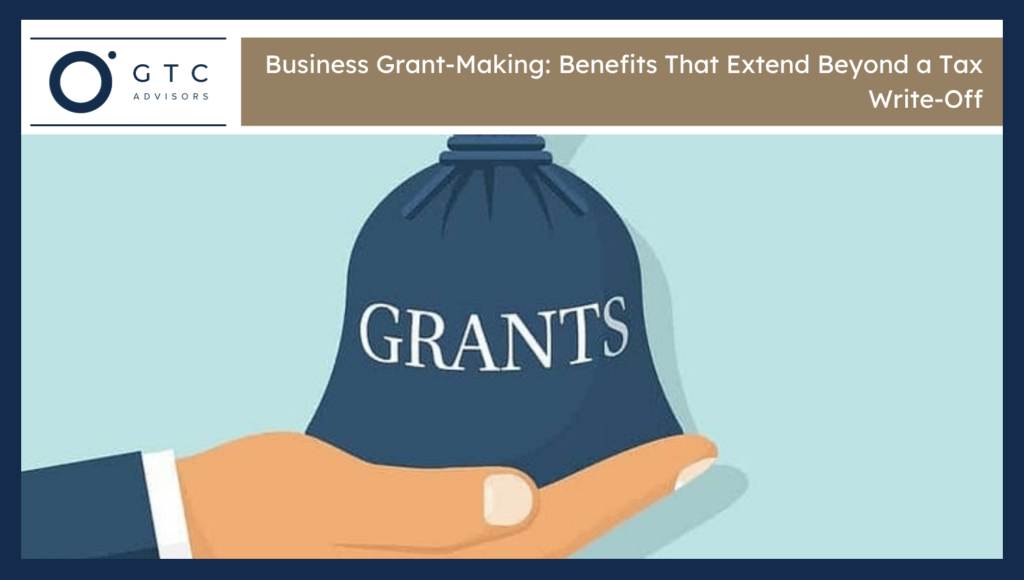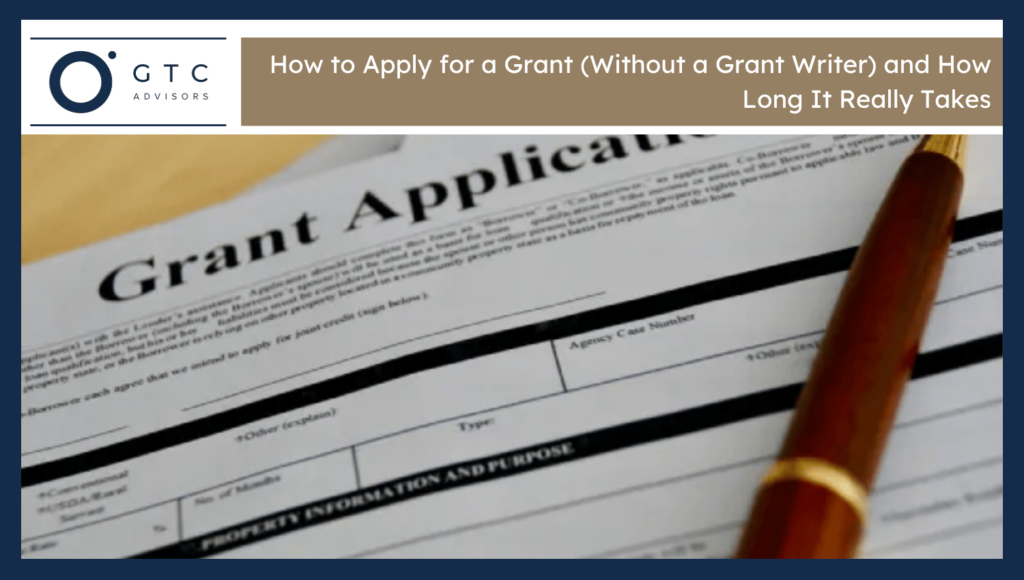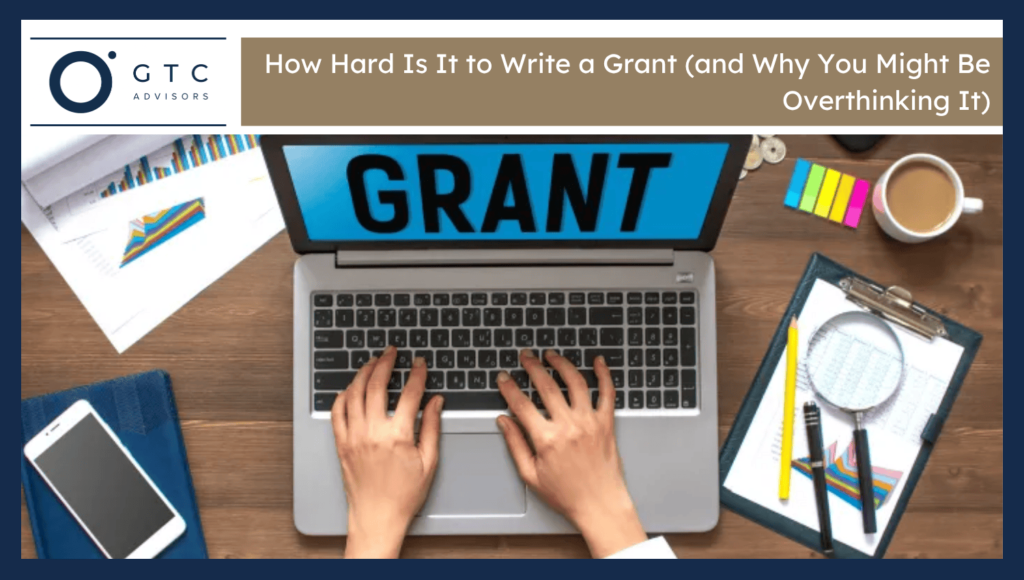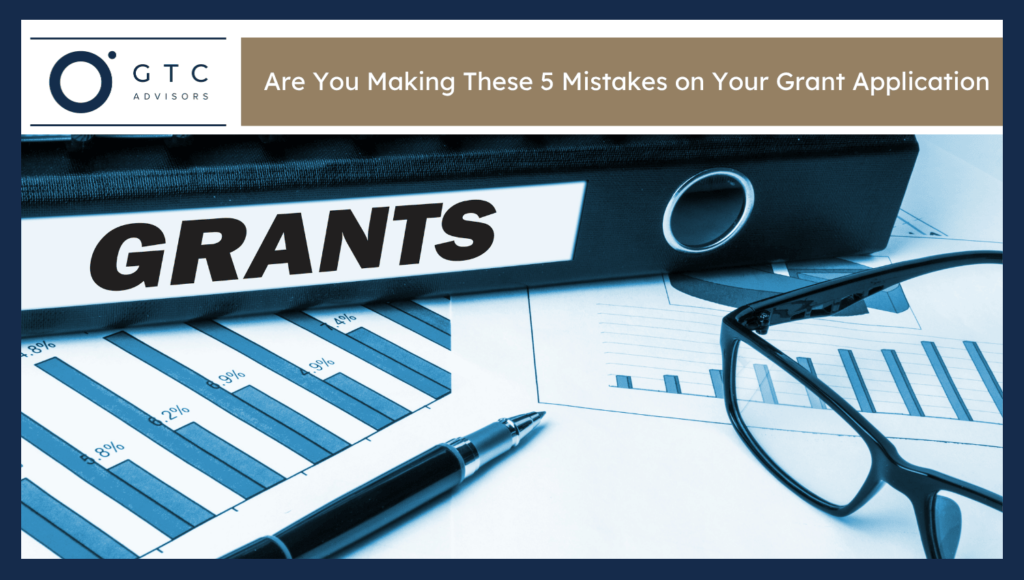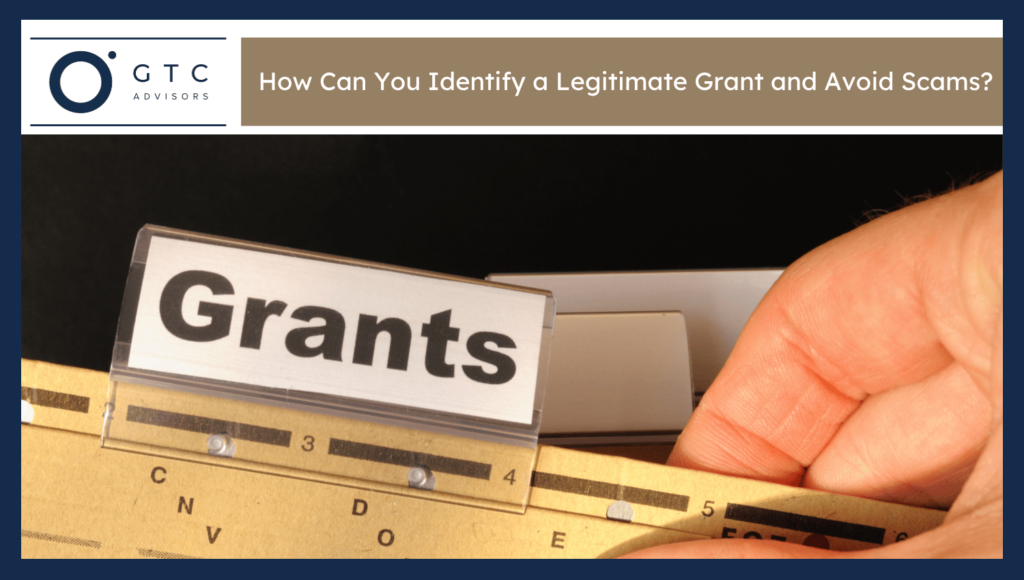How Nonprofits Strengthen Communities Through Essential Programs & Services
Applying for a grant without a professional grant writer is a manageable process. It requires research, planning, proposal writing, methodology, submission, and follow-up. A grant writer handles the complete grant process to secure funding. They write a letter of intent and a full proposal to meet the funder’s expectations. There is no need to hire […]
How Nonprofits Strengthen Communities Through Essential Programs & Services Read More »


